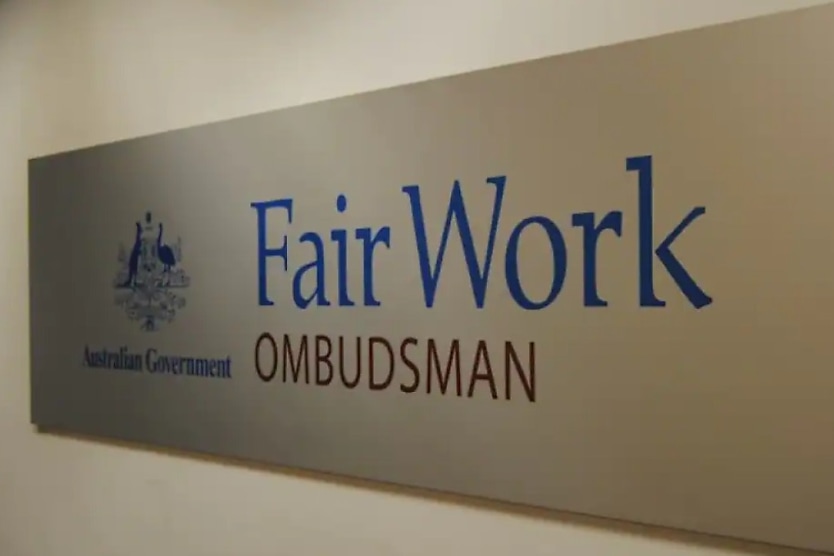
In the last financial year, the Fair Work Ombudsman (FWO) recovered $473 million for nearly 160,000 underpaid workers across the country.
With the recent recoveries of $473 million for nearly 160,000 underpaid Aussie workers, the FWO has now recovered $1.5 billion over the past three years.
The $473 million recovered for workers across Australia, detailed in the workplace regulator’s newly published annual report, is the third-highest annual figure recorded.
Large corporate sector employers made up more than half of the 2023–24 recoveries, with more than $333 million being back paid to nearly 110,000 underpaid employees in that sector, thus becoming a priority for the sector for the FWO.
“The Fair Work Ombudsman has created a firmer culture of accountability across workplaces where Australia’s largest employers, like all others, are expected to prioritise compliance,” said acting Fair Work Ombudsman Michael Campbell.
It’s well known that big-time companies such as the Commonwealth Bank of Australia and CommSec have been a part of some of the major litigation outcomes that the FWO secured, as they had to pay $10.3 million in penalties. Another example was the operators and managers of Din Tai Fung restaurants, who were imposed with more than $4 million in penalties.
“The success of these efforts means both that workers have money they were owed back in their pockets, making a real difference in their lives, and that there is a level playing field for all those employers doing the right thing,” said Campbell.
“Our investigations and enforcement actions send a clear message that employers must place a higher priority on ensuring they are meeting their workers’ legal entitlements, and that includes by improving their payroll systems and governance, and investing in advice.
“We will continue to collaborate with employer organisations and unions to educate employers and workers. Workplace law compliance can and should be a shared responsibility of the Australian workplace community.”
Similarly, another major focus in recent years for the FWO has been the protection of vulnerable migrant workers, as nearly $8 million of the total penalties imposed in the regulator’s completed court cases have related to this group, including the Ding Tai Fung case.
Reinforcing this, migrant workers were over-represented in terms of anonymous reporting to the FWO. They made more than 4,000 reports, accounting for nearly a quarter of all reports received.
“Migrant workers are reminded that they have the same workplace rights as anyone else in Australia. Anyone with concerns about their workplace rights or obligations should contact us for free advice and assistance,” Campbell said.
The FWO also entered into 15 enforceable undertakings with businesses, including a total of $30.2 million back paid to employees and improvements to deter future non-compliance.
Once again, most of these enforceable undertakings involved back payments of millions of dollars each from some of Australia’s best-known employers, including Best & Less, Starbucks Coffee Australia, Optus Retailco, Insurance Australia Group Limited, Eagers Automotive Limited, and World Vision Australia.
“We are continuing our intelligence-led, priority-driven work in 2024–25, targeting high-risk sectors, including aged-care services, agriculture, building and construction, disability support services, fast food, restaurants and cafés, large corporates and universities,” Campbell said.
“We retain our enduring priorities of assisting small-business employers and employees, and vulnerable or ‘at risk’ workers.”
Kace O'Neill
Kace O'Neill is a Graduate Journalist for HR Leader. Kace studied Media Communications and Maori studies at the University of Otago, he has a passion for sports and storytelling.










